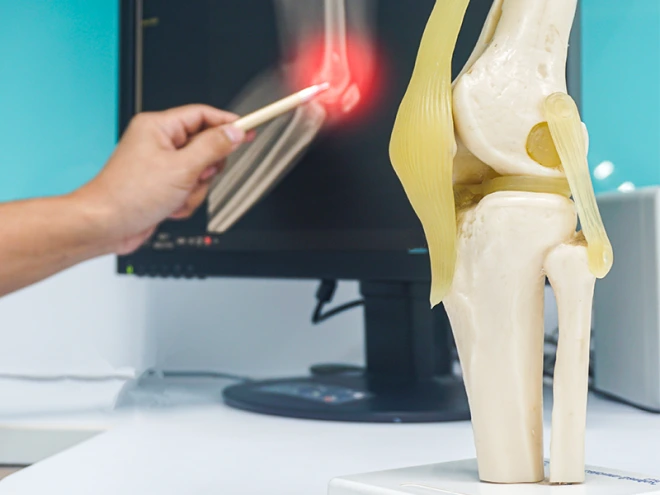If you are planning to meet with an orthopedic surgeon for the first time, it can be helpful to know what to expect. Orthopedic surgeons are medical specialists who focus on the musculoskeletal system, which includes your bones, joints, muscles, ligaments, and tendons.
Understanding their role and what typically happens during an initial consultation can help you prepare for your visit.
Who Are Orthopedic Surgeons?
These surgical professionals specialize in diagnosing, treating, and preventing conditions or injuries related to the musculoskeletal system. Their expertise covers various health issues, such as fractures, joint pain, tendon injuries, and chronic conditions like arthritis. They also help plan rehabilitation to improve mobility and overall function.

Orthopedic surgeons undergo extensive education and training. They begin by earning a bachelor’s degree and then completing medical school to obtain an MD or DO degree. Afterward, they enter a five-year orthopedic surgery residency program, where they gain hands-on experience managing musculoskeletal conditions. This rigorous training establishes expertise in both surgical and non-surgical treatments.
- While some surgical professionals focus on general musculoskeletal health, others may have subspecialties.
- These include sports medicine, joint replacement, pediatrics, and spinal care.
- Many collaborate with other healthcare professionals, such as physical therapists, to develop comprehensive patient treatment plans.
- Surgical intervention is only one aspect of the care they provide; in many cases, they aim to treat patients using non-surgical methods first.
What Takes Place During the Initial Visit With an Orthopedic Surgeon?
Your first visit to an orthopedic surgeon is generally focused on understanding your medical concern and beginning an evaluation process. The surgeon will typically start by reviewing your medical history. This review includes any previous injuries, surgeries, and conditions relevant to your current symptoms or concerns. A discussion about your lifestyle, physical activity, and any medications you are currently taking usually follows.

A physical examination is often conducted next. These professionals may assess affected areas by evaluating range of motion, joint stability, muscle strength, and other factors. They may also ask for a description of symptoms, the level of pain patients are experiencing, and the activities that worsen or alleviate the issue.
Depending on your condition, diagnostic imaging may be part of the visit. Standard imaging techniques include X-rays, MRIs, and CT scans. These tools provide detailed visuals of your bones, joints, and soft tissues. This imaging helps the surgeon develop a clear understanding of your diagnosis.
Based on their assessments, the surgeons explain the diagnosis and any available treatment or management options. They may recommend non-surgical treatments such as physical therapy, medications, or lifestyle adjustments. If surgical intervention is deemed necessary, they provide detailed information about the procedure, recovery time, and next steps.
Find Out More Concerning a First Visit to an Orthopedic Surgeon
A first consultation with a surgical professional allows for a thorough evaluation of your condition or concern. By understanding the role of these professionals and the general structure of the appointment, you can approach your visit with clarity and purpose. Contacting a local orthopedic clinic can provide further guidance for those who have additional questions or believe they may benefit from a consultation.

